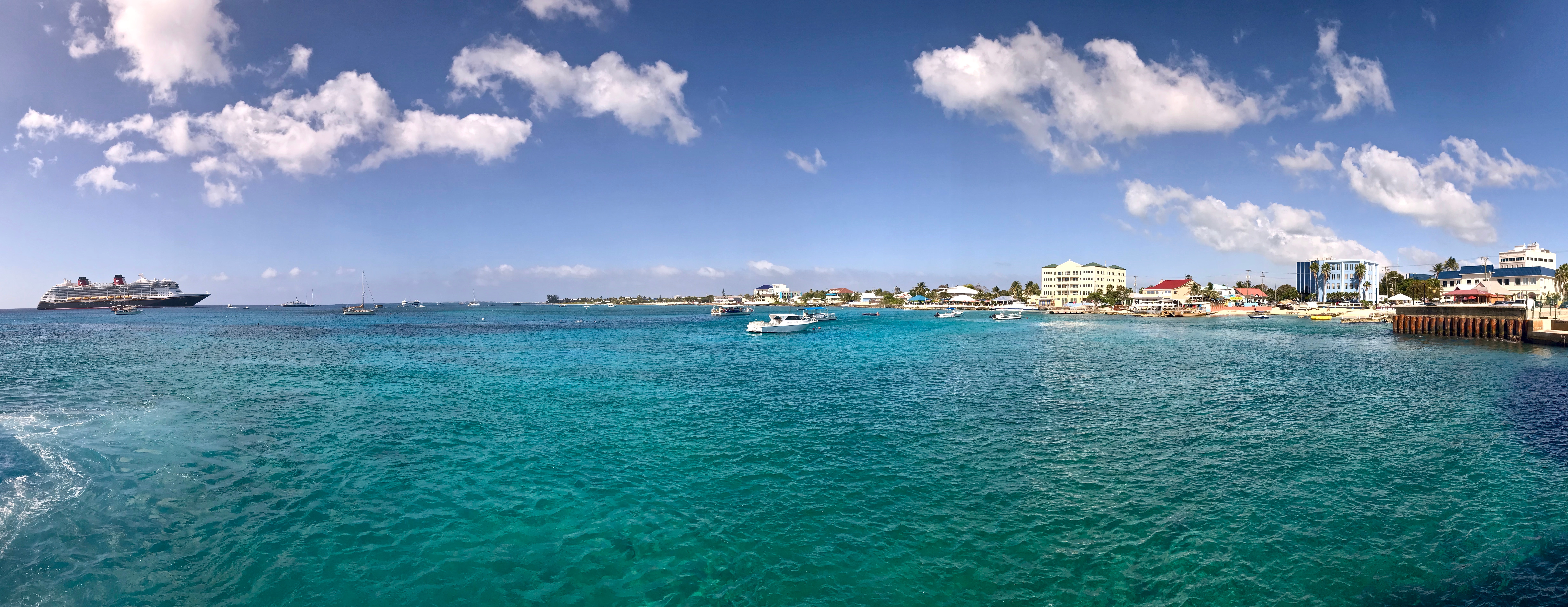
June sees two big environmental awareness days on the calendar. World Environment Day on 5 June and World Oceans Day on 8 June.
As we spend more time outdoors and in nature thanks to the warm weather and longer days, it’s a good time to bring focus to how we can take care of the planet and protect resources for future generations.
World Environment Day – 5 June
World Environment Day was established by the United Nations General Assembly to raise awareness about environmental issues and encourage global action to protect the planet. 2023 marks the 50th anniversary of World Environment Day.
Each year, World Environment Day focuses on a specific theme and engages people around the world in environmental activities and events. The day is celebrated in more than 140 countries and has become one of the largest global platforms for environmental action and advocacy.
The theme for this year is #BeatPlasticPollution. The UN Environmental Programme (UN EP) reports that more than 400 million tonnes of plastic is produced every year worldwide, half of which is designed to be used only once. Of that, less than 10 per cent is recycled. An estimated 19-23 million tonnes end up in lakes, rivers and seas annually.
The UN EP also provides evidence that microplastics – tiny plastic particles up to 5mm in diameter – find their way into food, water and air. It is estimated that each person on the planet consumes more than 50,000 plastic particles per year – and many more if inhalation is considered.
Côte d’Ivoire will host World Environment Day 2023 on 5 June. The country banned the use of plastic bags in 2014, supporting a shift to reusable packaging. Côte d’Ivoire’s largest city, Abidjan, has also become a hub for start-ups looking to beat plastic pollution.
World Oceans Day – 8 June
World Ocean Day was first proposed by Canada in 1992 at the United Nations Conference on Environment and Development (UNCED) in Rio de Janeiro, Brazil. The purpose of this day was to create a global celebration of the seas and to raise awareness about the importance of protecting the ocean and its resources. In 2002, the Canadian government officially proposed the concept of World Ocean Day at the Earth Summit in Johannesburg, and in 2008, the UN officially recognised World Oceans Day as an annual observance – adding the ‘s’ to Oceans.
The ocean is essential to life on Earth, providing over 50% of the oxygen we breathe and regulating the Earth’s climate. It is home to a vast array of marine life, including fish, whales, dolphins, and coral reefs. The ocean also provides food, jobs, and recreational opportunities for people around the world.
Despite its importance, the ocean is under threat from human activities such as overfishing, pollution, and climate change. World Oceans Day serves as a reminder of the urgent need to protect the ocean and its resources, and to promote sustainable development practices that ensure a healthy future for our planet.
There are several similarities between World Environment Day and World Oceans Day. Both are designed to inspire action for the protection of the planet. Both events encourage community involvement and individual activities to make a positive impact on the environment, and there are several ways you can support both causes:
Reduce plastic waste. Plastic pollution is a major threat to the ocean and wider environment. Reduce plastic waste by choosing reusable bags, containers, and water bottles wherever possible.
Participate in beach clean-ups. Join local beach clean-up events or organise your own to remove litter and debris from our shorelines and prevent them from entering the ocean.
Use eco-friendly products. Choose eco-friendly products such as biodegradable cleaning products and reef-safe sunscreen.
Conserve water. Conserving water can help reduce the amount of wastewater that ends up in the ocean. Use water-efficient appliances and fix any leaks promptly.
Reduce energy consumption. Reduce energy consumption by using energy-efficient appliances and turning off lights and electronics when not in use.
Reduce, reuse, recycle. Think twice before putting anything in the trash. Ask yourself if it can be repaired or repurposed. Don’t buy more than you need and chose products without packaging, or in recyclable packaging.
Living in the Cayman Islands provides a unique opportunity to be surrounded by beautiful ocean and stunning natural landscape. To ensure that these beautiful natural resources are protected and preserved, we must all play our part – not just on global awareness days, but every day.
